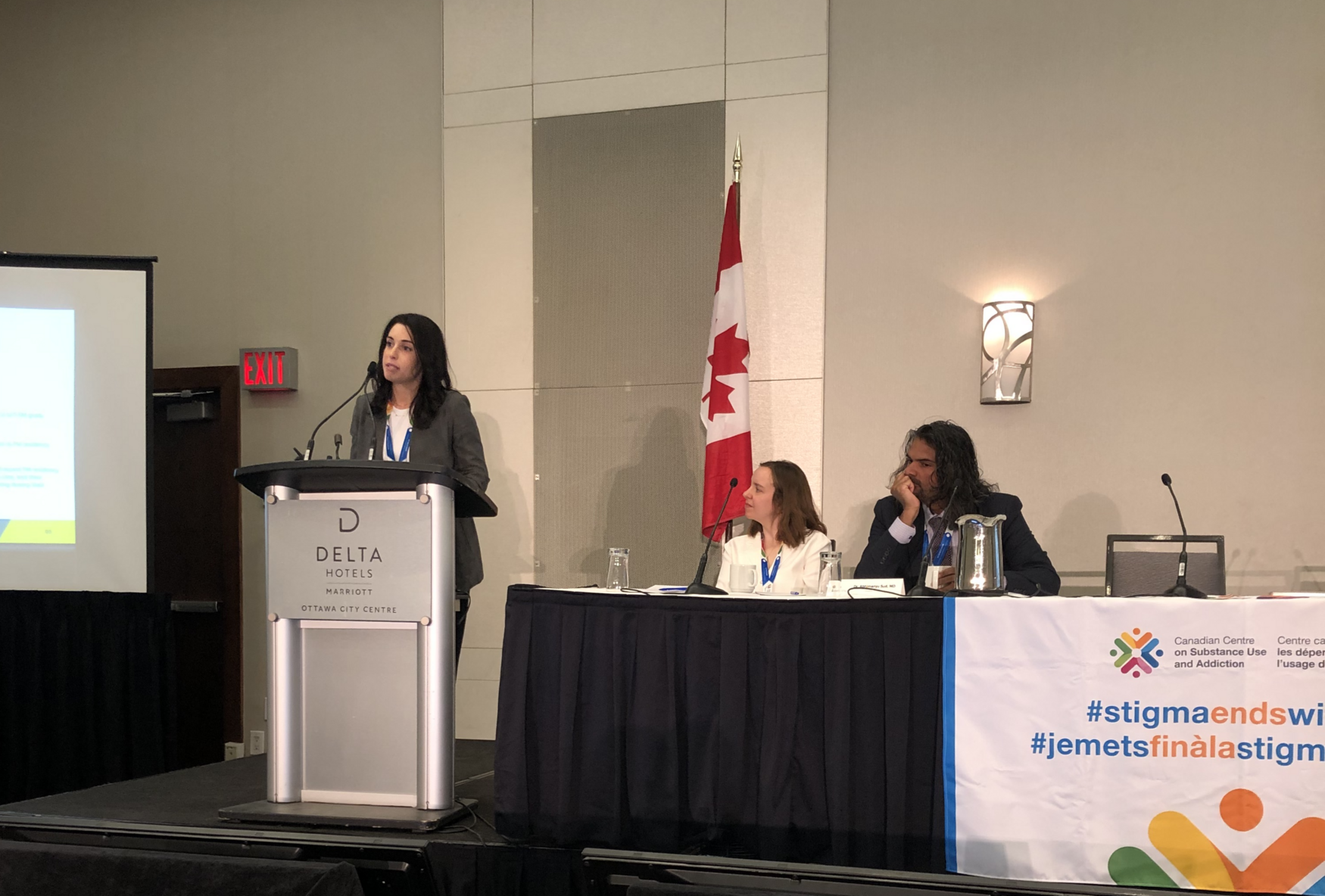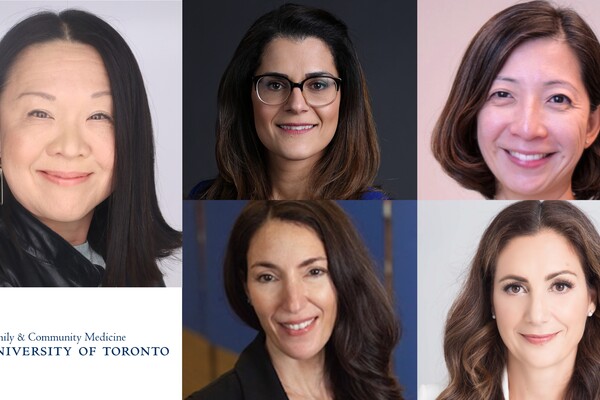Apr 11, 2023
DFCM co-hosts summit on the role of family medicine in treating substance use disorders
Research

Dr. Braden O'Neill
Left to right: DFCM faculty members Drs. Kimberly Lazare, Nikki Bozinoff and Abhimanyu Sud participated in a summit co-hosted by DFCM aimed at understanding how best to support family doctors caring for people with substance use disorders.



